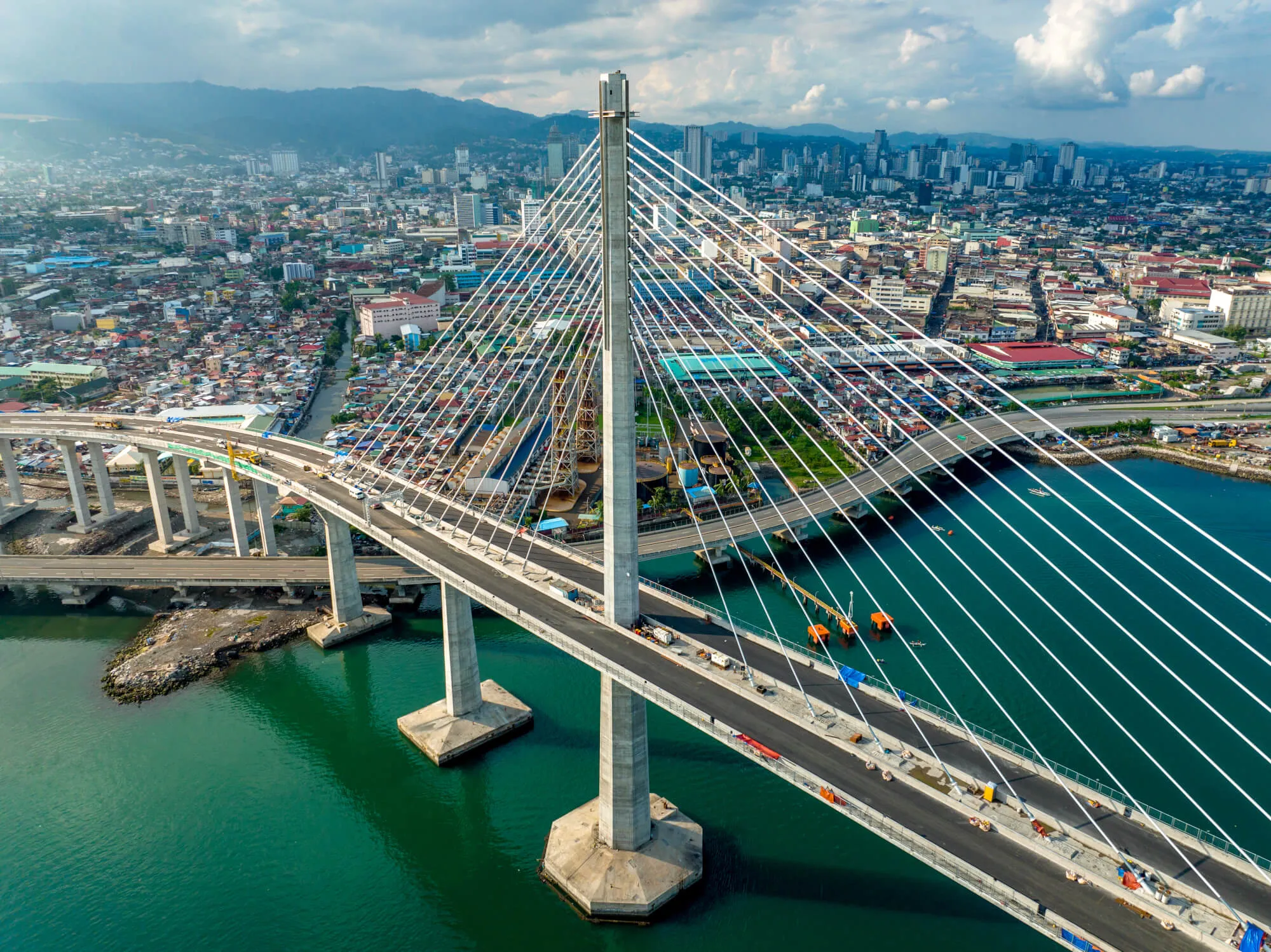According to
Fleet operators track vehicles in real time to reduce idle time and transportation costs. The purpose of this is to provide effective fleet tracking, real-time monitoring, a dedicated remote server for fleet data and security features in a single system. With the adoption of technologies, a transporter or service provider can measure maintenance costs and monitor the driver's behaviour. Fleet management data can also be downloaded to analyse data better and make a cost effective decision or enhance safety. For instance, managers can get the data of fuel efficiency based on the route taken. The market for these technologies is growing rapidly, and regulatory bodies in Europe and North America are looking forward to mandating some of these technologies.
The global smart fleet management market is estimated to be dominated by ADAS systems during the review period. ADAS systems have higher adaptability in all passenger cars in most of the advanced economies of Europe and North America. Furthermore, the economies of Asia-Pacific region are focusing on mandating safety features for ADAS systems. These factors make the ADAS systems one of the most prominent technologies in the smart fleet management market.
Asia-Pacific is estimated to be the largest market for smart fleet management in 2017, owing to the increasing transport facilities in countries such as Japan, China, and India and stringent safety regulations in these countries. Changing government approaches towards fleet operators, drivers, passengers, and goods safety has imposed many regulations, which mandate transportation OEMs to deliver vehicles with installed safety features. Additionally, improving socio-economic conditions in countries such as India, Thailand, and Indonesia have resulted in the growth of demand for premium segment fleets, which in turn has boosted the market for smart fleet management in these countries.
Smart fleet management market predicted to grow by eight per cent by 2022
According to MarketsandMarkets’ latest report, Smart Fleet Management Market, the smart fleet management market is projected to grow at a CAGR of eight per cent from 2017 to 2022, to reach US$462.48 billion by 2022.
June 19, 2017
Read time: 2 mins








